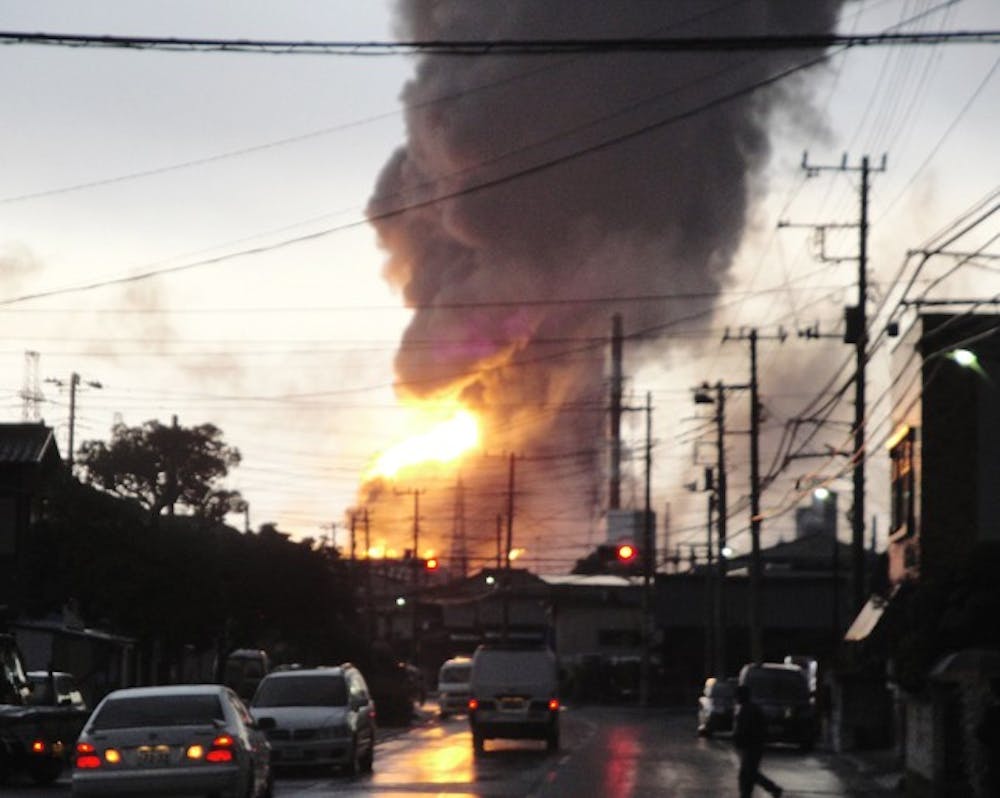Junior August Armbrister was babysitting at his host family’s home in eastern Japan when the earthquake hit.
“The floor started to shake and I wondered, ‘What’s going on? Are the kids doing it?’” said Armbrister, a Phillips Ambassador and UNC student living in Ichihara.
“Then I realized it was an earthquake.”
He froze for a full minute when the earthquake’s climax came, which shook the ground for 15 minutes.
“The house felt like it was being supported by Jell-O,” he said.
“You can’t stand up. Even sitting down is hard. I had to hold the table to keep my balance and not fall over,” Armbrister added.
The earthquake, an 8.9-magnitude disaster that sent a massive tsunami storming onto the mainland and across the Pacific Ocean, triggered a deadly combination of earth, fire, water and nuclear radiation that fueled a still-rising death toll, now expected to be in the tens of thousands.
All four UNC students studying in Japan are living in areas far enough south not to have their safety seriously threatened, said Kathryn Goforth, acting director of the study abroad office.
Goforth said the primary responsibility of the study abroad office is to make sure the students are safe. After that, the office would only act if the U.S. State Department issued an alert that required evacuation or if any of the students wished to leave. Both students interviewed said they do not plan on leaving.



